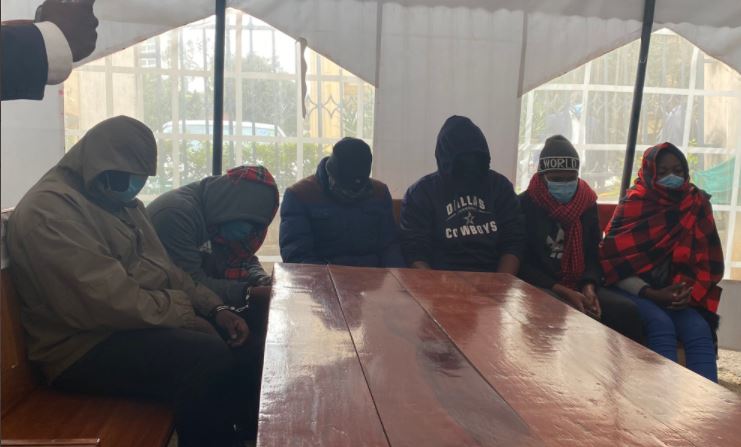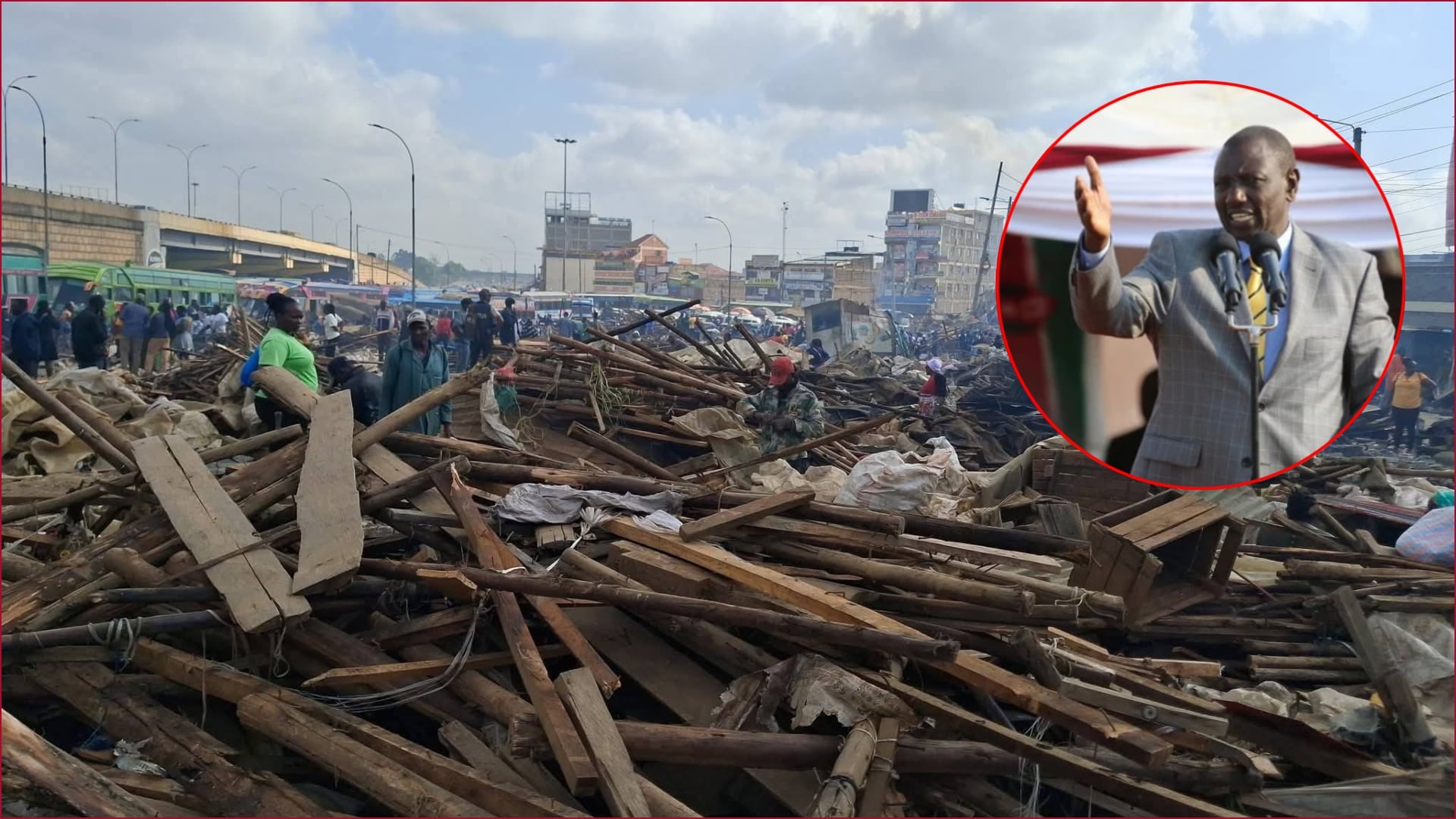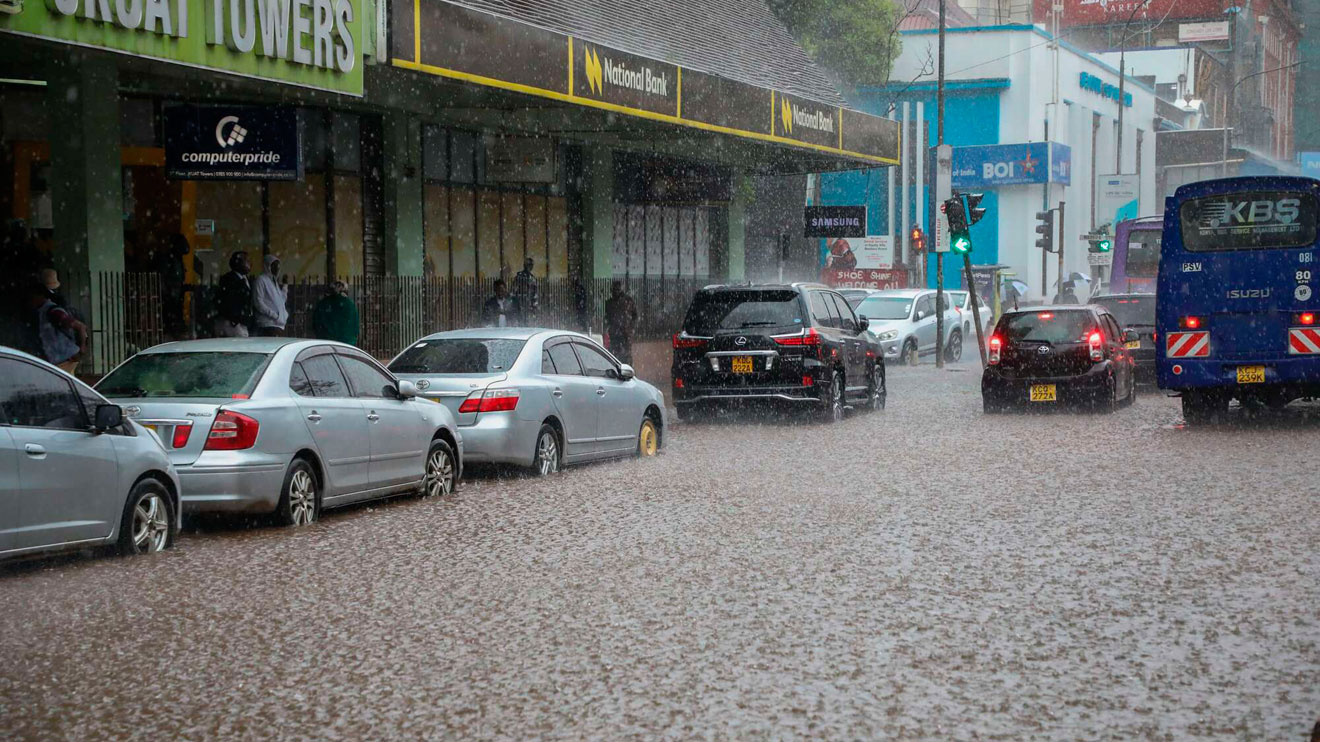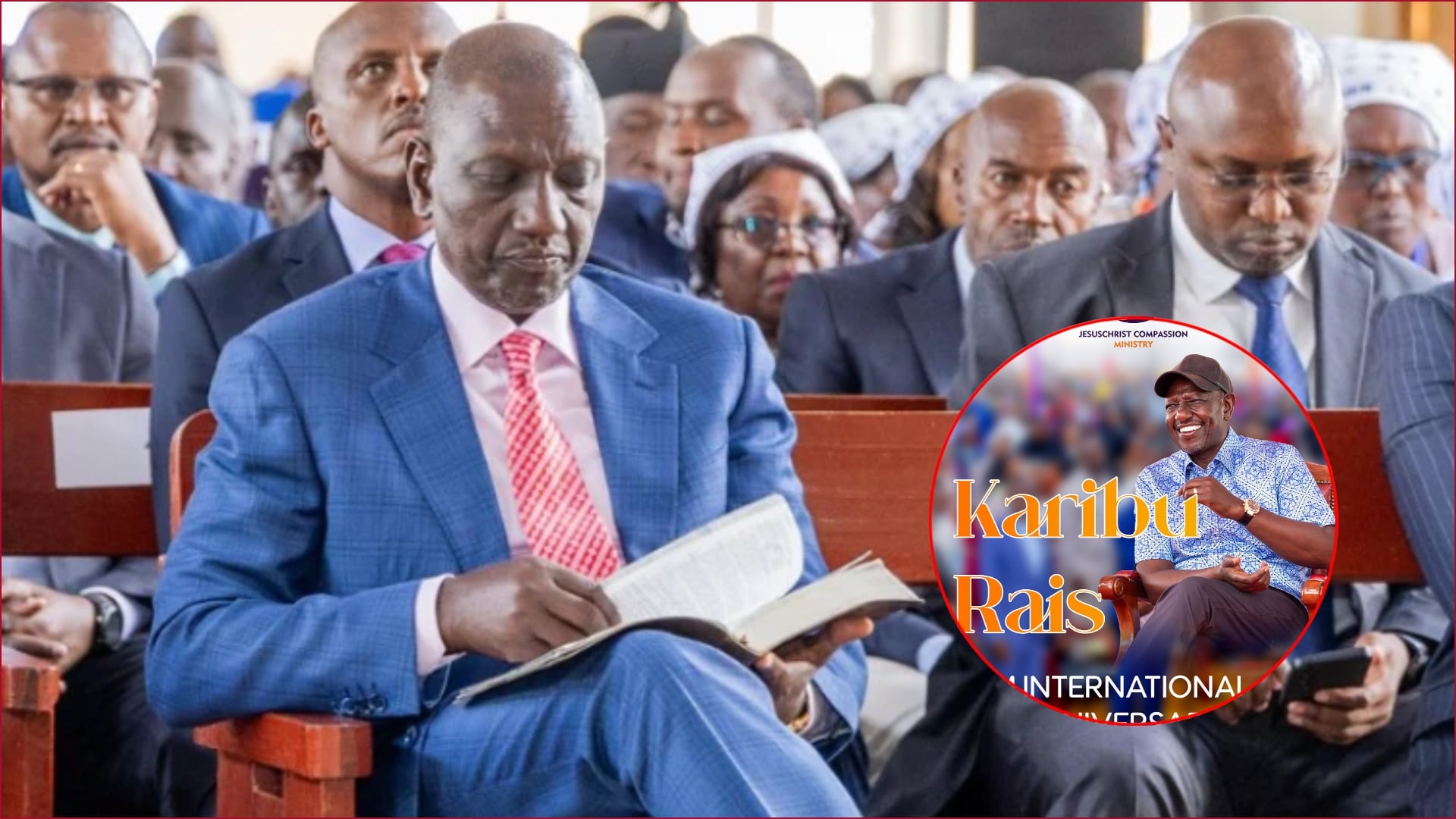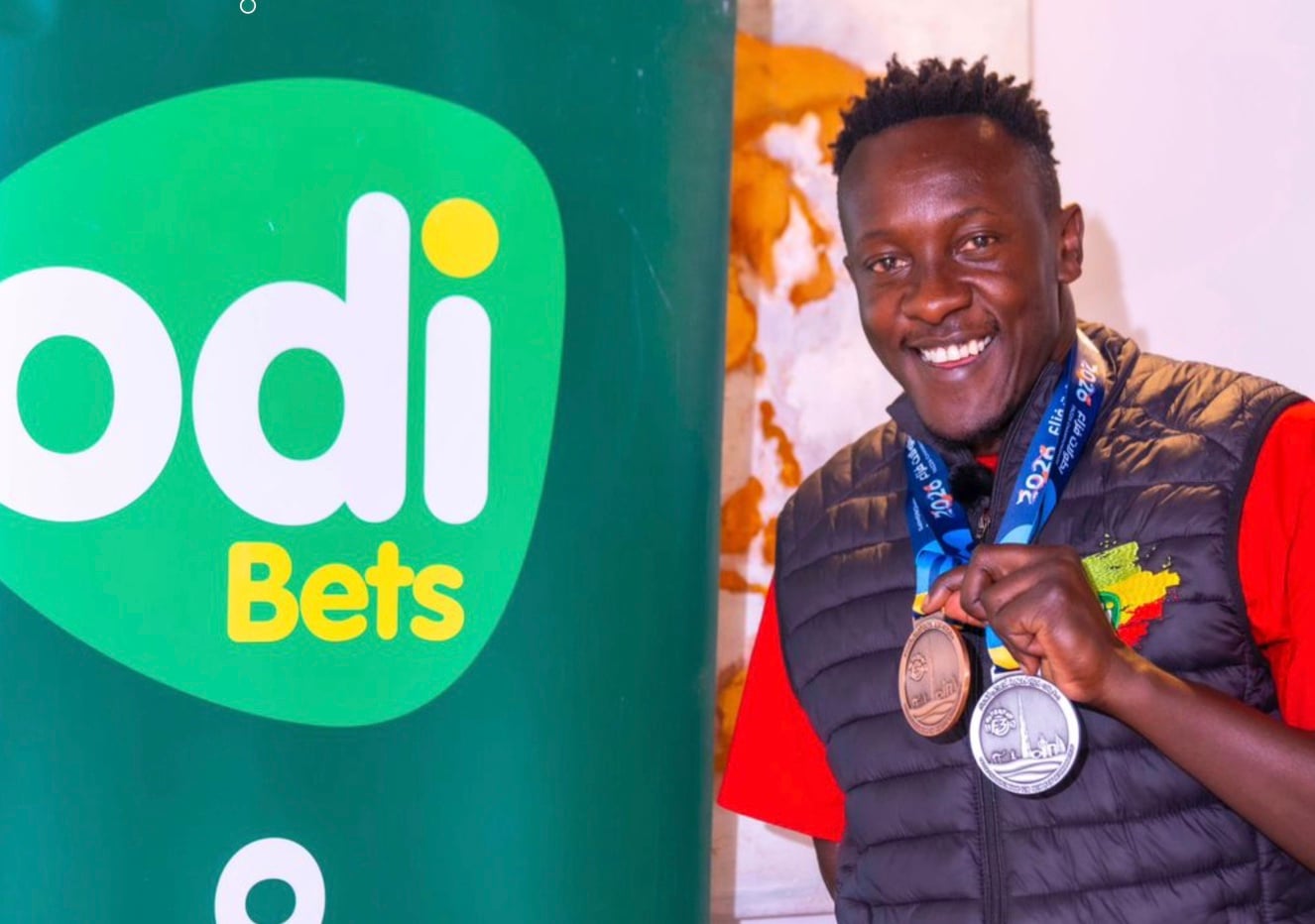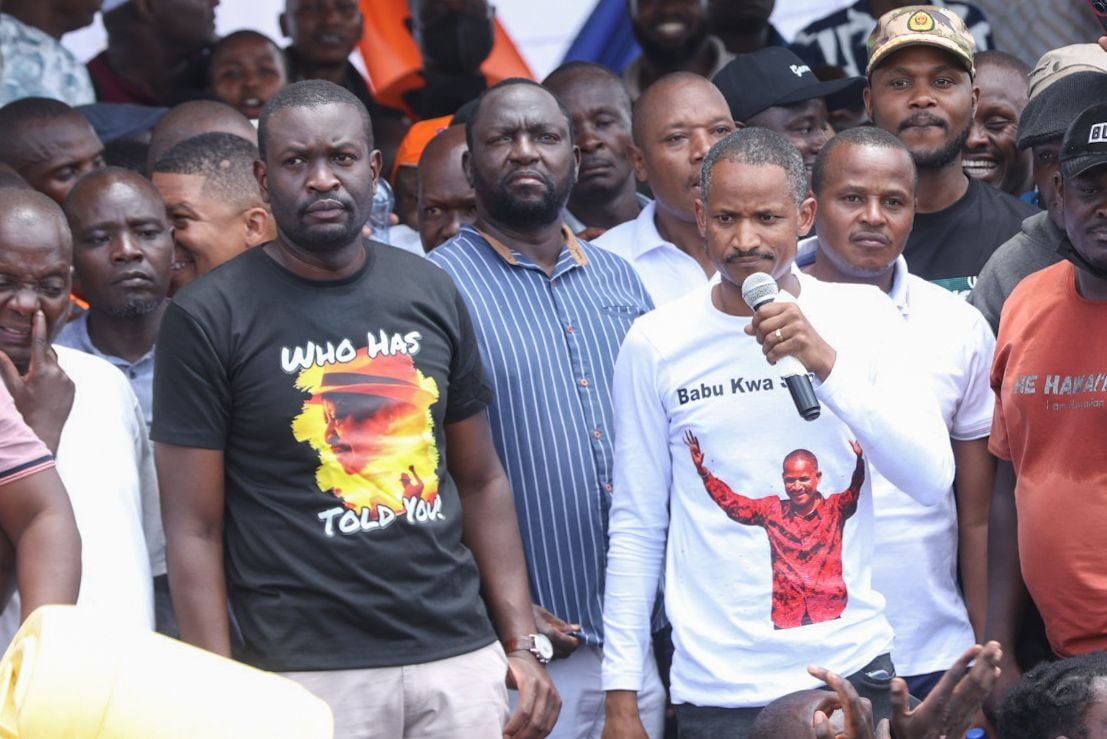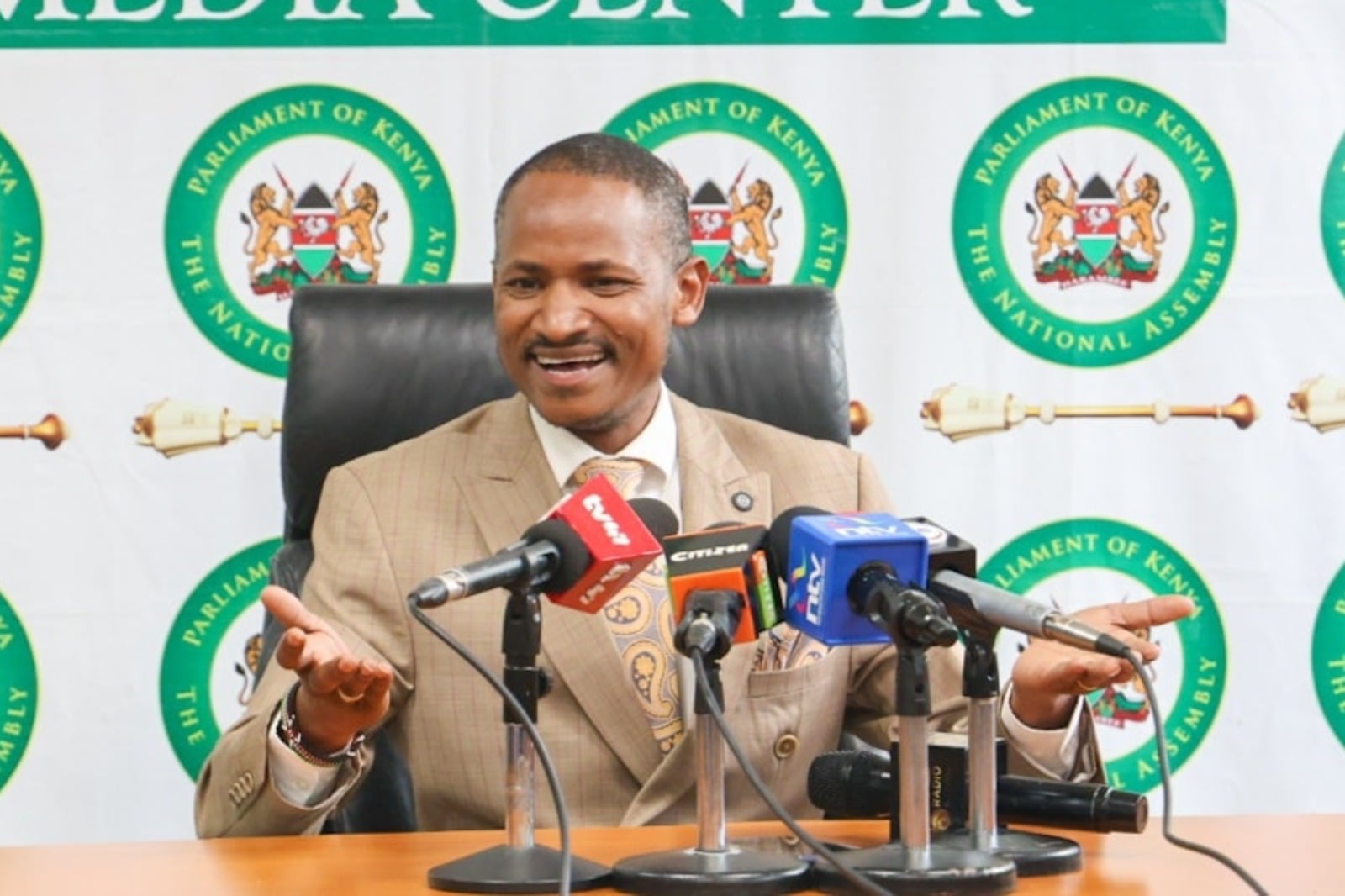The trial of six police officers accused of murdering the Kianjokoma brothers has taken a significant turn after a government pathologist gave harrowing details of how the two young men died.
In a statement on Thursday, September 25, the Office of the Director of Public Prosecutions (ODPP) said the testimony delivered before the High Court in Embu corroborated the prosecution’s case against the accused officers.
The pathologist revealed that the brothers, Benson Njiru Ndwiga and Emmanuel Mutura Ndwiga, succumbed to severe injuries that left no doubt about the violent nature of their deaths.
"A government pathologist has confirmed that the deaths of the Kianjokoma brothers resulted from severe head injuries inflicted by blunt force trauma," the ODPP said.
The court heard that their bodies showed signs of extreme force, consistent with blunt trauma, which prosecutors argue is central to proving the charges.
Read More
"The court heard that their bodies bore visible bruises on their faces and arms, with their heads badly deformed. Postmortem findings further revealed multiple skull fractures, broken jaws, and deep brain lacerations, all consistent with a violent assault," the ODPP added.
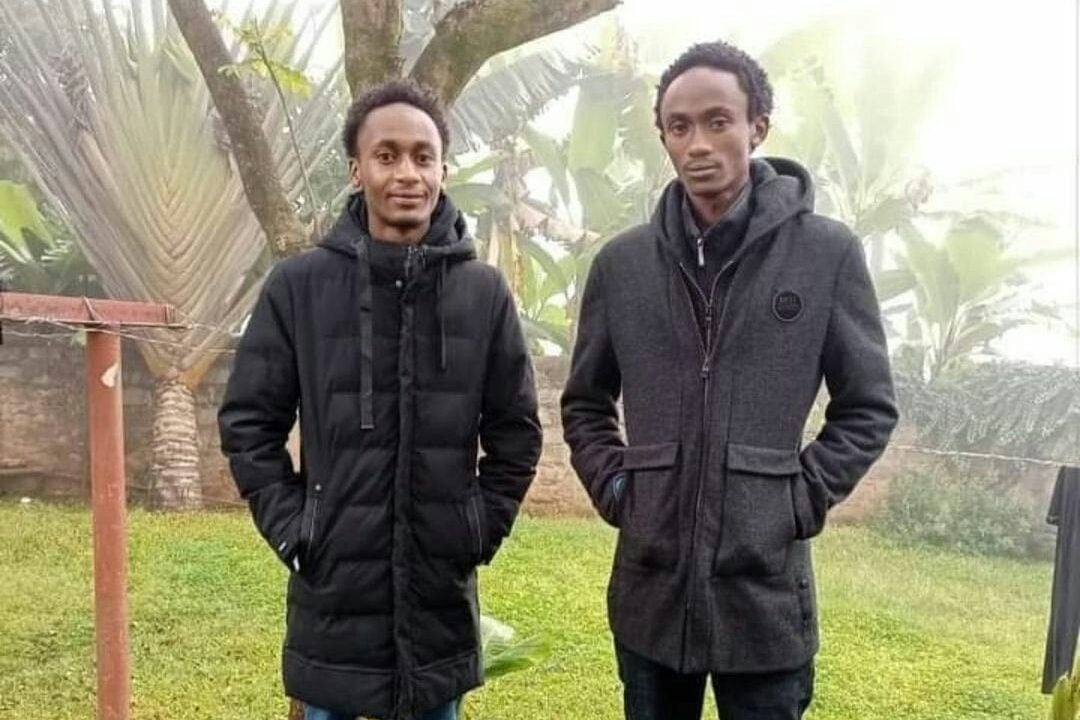
The evidence supported the prosecution’s position that the brothers did not die by accident but were victims of deliberate and extreme violence.
"The chilling testimony directly supports the prosecution’s argument that the deaths were not accidental but the result of brutal force," the ODPP further said.
The case involves six police officers, namely Benson Mputhia, Consolata Kariuki, Nicholas Cheruiyot, Martin Wanyama, Lilian Chemuna, and James Mwaniki.
Elsewhere, the High Court upheld evidence submitted against four suspects in the murder of former Kabete Member of Parliament George Muchai.
Earlier Thursday, the ODPP said the High Court in Nairobi ruled that four accused individuals have a case to answer in connection with the shocking 2015 murder.
Justice Kanyi Kimondo delivered the ruling, confirming that the DPP had successfully established a compelling prima facie case against Eric Mungera Isabwa, Raphael Kimani Gachii, Mustafa Kimani Anyoni, and Stephen Astiva Lipopo.
The quartet stands accused of masterminding the execution-style killing of Hon. Muchai, his two police bodyguards Constable Samuel Kimathi and Constable Samuel Lekakeny, and his driver Stephen Ituu Wambugu on Kenyatta Avenue in February 2015.
The prosecution's case relied on comprehensive evidence gathered through an intensive investigation that saw 37 witnesses testify before the court. The evidence presented included direct testimonies, circumstantial evidence, and documentary proof linking the accused to the heinous crime.
A key witness in the case was a protected taxi driver who provided crucial testimony placing Mustafa Kimani Anyoni at the scene of the crime. The witness also produced a gun safety pin that was discovered in his vehicle, which was later authenticated as evidence in the case.
In their detailed submissions, prosecution lawyers demonstrated that the killings were not random acts of violence but carefully orchestrated murders.
They highlighted the accused persons' use of dangerous weapons and the execution-style nature of the shootings as clear indicators of premeditation and careful planning.
Autopsy reports conducted by Dr. Johansen Oduor provided critical forensic evidence, confirming that all four victims died from close-range gunshot wounds inflicted by high-velocity firearms, supporting the prosecution's argument about the calculated nature of the attack.
